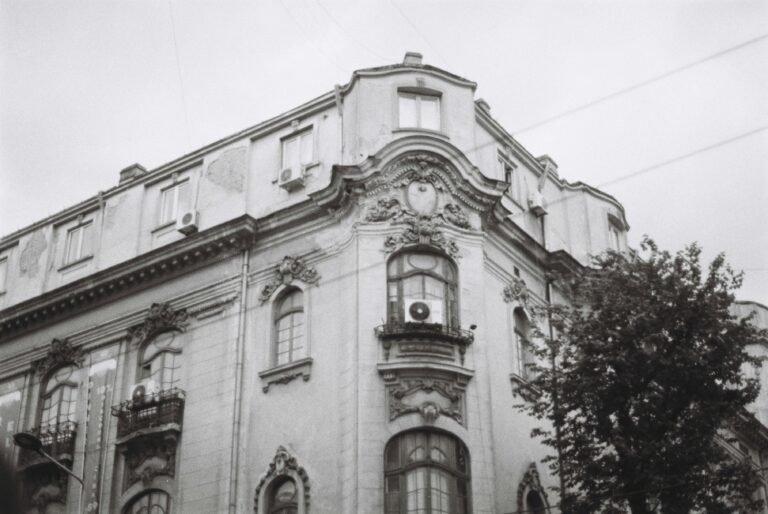Project Description
ArchTech is an innovative initiative that bridges the gap between European architectural heritage and digital technology, aiming to inspire young people to actively engage with and protect their urban cultural landscape. Rooted in the belief that architectural heritage is a vital element of European identity, the project seeks to enhance awareness of built heritage among youth while promoting digital upskilling and civic participation.
By leveraging the popularity of mobile technology, ArchTech empowers youth workers and young individuals, including those from vulnerable backgrounds, to co-create digital tools such as mobile applications and guided digital tours, making heritage more accessible and engaging. Through interdisciplinary training modules, field activities, and community-driven initiatives, the project not only fosters a sense of belonging and responsibility but also aligns with key EU policies on cultural heritage preservation and youth digital education.
With a strong collaborative framework across five European countries, the project contributes to an inclusive and technologically adept society where historical preservation and social innovation go hand in hand.
Impact
The ArchTech project aims to empower young people to rediscover and protect Europe’s architectural legacy through digital innovation, civic engagement, and interdisciplinary education. The project responds to the growing need for youth involvement in cultural heritage preservation, emphasizing the role of digital tools in making heritage more accessible and engaging.
By equipping youth workers with the necessary skills and resources, ArchTech seeks to inspire young people, particularly those from vulnerable or multicultural backgrounds, to explore their local built environment and recognize its historical, cultural, and social significance.

More specifically, the project has the following objectives:
- Interdisciplinary tools and materials to support youth workers in incentivizing young people (18-30), including the socially vulnerable, to discover the European dimension of local built heritage.
- To use digital technology to consolidate new knowledge and promote built heritage protection (digital readiness, resilience, and capacity).
- Inclusion and diversity in all fields of education, training, and youth.

Funded by the European Union. Views and opinions expressed are however those of the author(s) only and do not necessarily reflect those of the European Union or the European Education and Culture Executive Agency (EACEA). Neither the European Union nor EACEA can be held responsible for them. No’ 2023-2-FR02-KA220-YOU-000174646
